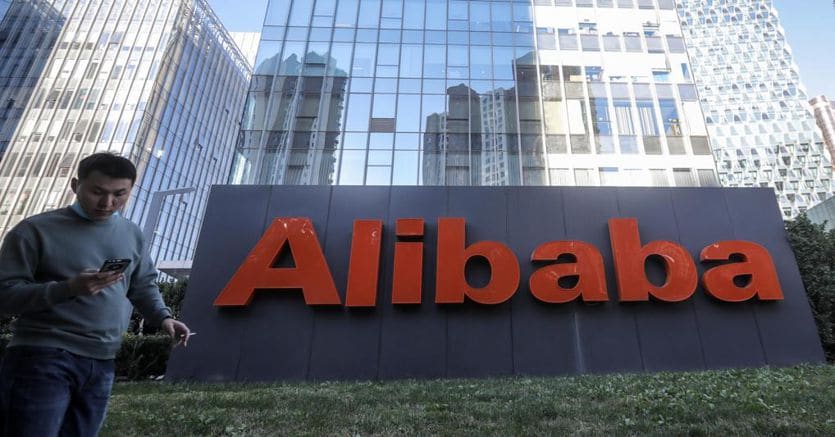The global semiconductor crisis is defining new balances. Because it now seems clear that whoever will be the first to jump out of this pond will accumulate a considerable advantage over their competitors. And so the news of a new chip designed and produced by Alibaba, the Chinese eCommerce giant, makes a lot of noise. Because it is an eloquent signal of how fast China is running towards the goal of autonomy in the microprocessor sector. A value that is not at all trivial, these days.
The new chip designed by Alibaba is called Yitian 710, and will be the beating heart of new servers called Panjiu. AND the third semiconductor introduced by the eCommerce giant since 2019, after an artificial intelligence chip and one used for Internet of Things devices. Yitian 710 will not be a consumer product, nor will the Chinese giant sell it to other companies. Rather, it will be the weapon on which Alibaba will focus decisively in the race for the global cloud, a market in which the most important competitors are called Amazon, Google and Microsoft.
“Customizing our server chips is part of our efforts to enhance our computing capabilities, with better performance and better energy efficiency,” said Jeff Zhang, president of Alibaba Cloud Intelligence. “We plan to use the chips to support current and future activities across the Alibaba Group ecosystem.”
After all, with the pandemic fueling a growing demand for cloud services, tech giants around the world are looking for ever more powerful and energy efficient semiconductors. The Yitian 710 designed by Alibaba is one of the most advanced ever produced by a Chinese company, is based on 5nm technology, and follows the course indicated by rivals such as Amazon and Google in gradually replacing the silicon of traditional chip makers such as Intel and AMD with custom designed products for their data centers.
But beyond the tech component, this move from Alibaba is a sign of how it is China’s effort to build a national semiconductor industry is paying off. Xi Jinping’s government is making technological self-sufficiency a national priority. In this story, however, there is a detail that remains to be clarified. China currently has quite limited in-house semiconductor manufacturing capacity. And that is why Alibaba will likely have to outsource some of the production of Yitian 710. And although the company has not provided details on any partners, today only the Taiwanese giant “Taiwan Semiconductor Manufacturing Co.” and Samsung Electronics are capable of mass-producing 5nm chips.
